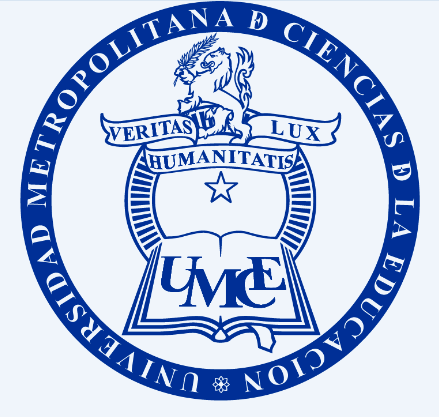Contenido principal del artículo
jul 21, 2022
Resumen
En este artículo se propone que el inevitable fortalecimiento de la infraestructura digital que deberán realizar las instituciones culturales vinculadas al patrimonio tras la pandemia de Covid-19 genera la posibilidad de desarrollar iniciativas que promuevan la horizontalidad y colaboración en la relación con los ciudadanos. En este caso, se revisan dos propuestas en esta línea: la e-ciencia ciudadana y el crowdsourcing. Luego de plantear ciertas definiciones y características que particularizan a cada práctica, se hace un comentario de iniciativas de este tipo en Chile durante el año 2020 y se trazan desafíos a considerar para aprovechar sus ventajas.
Descargas
Política propuesta para revistas que ofrecen acceso abierto
Aquellos autores/as que tengan publicaciones con esta revista, aceptan los términos siguientes:
- Los autores/as conservarán sus derechos de autor y garantizarán a la revista el derecho de primera publicación de su obra, el cuál estará simultáneamente sujeto a la Licencia de reconocimiento de Creative Commons que permite el uso de este material siempre que se indique su autoría y la fuente original de su publicación (URL de la revista), no se use con fines comerciales y sin derivaciones de la obra original.
- Los autores/as podrán adoptar otros acuerdos de licencia no exclusiva de distribución de la versión de la obra publicada (p. ej.: depositarla en un archivo telemático institucional o publicarla en un volumen monográfico) siempre que se indique la publicación inicial en esta revista.
- Se permite y recomienda a los autores/as difundir su obra a través de Internet (p. ej.: en archivos telemáticos institucionales o en su página web) antes y durante el proceso de envío, lo cual puede producir intercambios interesantes y aumentar las citas de la obra publicada. (Véase El efecto del acceso abierto).
Citas
Finquelievich, S. & Fischnaller, C. (2014). Ciencia ciudadana en la Sociedad de la Información: nuevas tendencias a nivel mundial. Revista Iberoamericana de Ciencia, Tecnologia y Sociedad, 9(27), 11-31.
Lara, T. (2014). Crowdsourcing: cultura compartida. En Anuario de Acción Cultural Española de Cultura Digital. Focus 2014: uso de las nuevas tecnologías (pp. 20-29). Consultado el 20 de agosto de 2020 en: https://www.accioncultural.es/es/publicacion_digital_anuario_ac_e_cultura_digital_focus_2014






